Filter by
SubjectRequired
LanguageRequired
The language used throughout the course, in both instruction and assessments.
Learning ProductRequired
LevelRequired
DurationRequired
SkillsRequired
SubtitlesRequired
EducatorRequired
Results for "statistical reasoning"
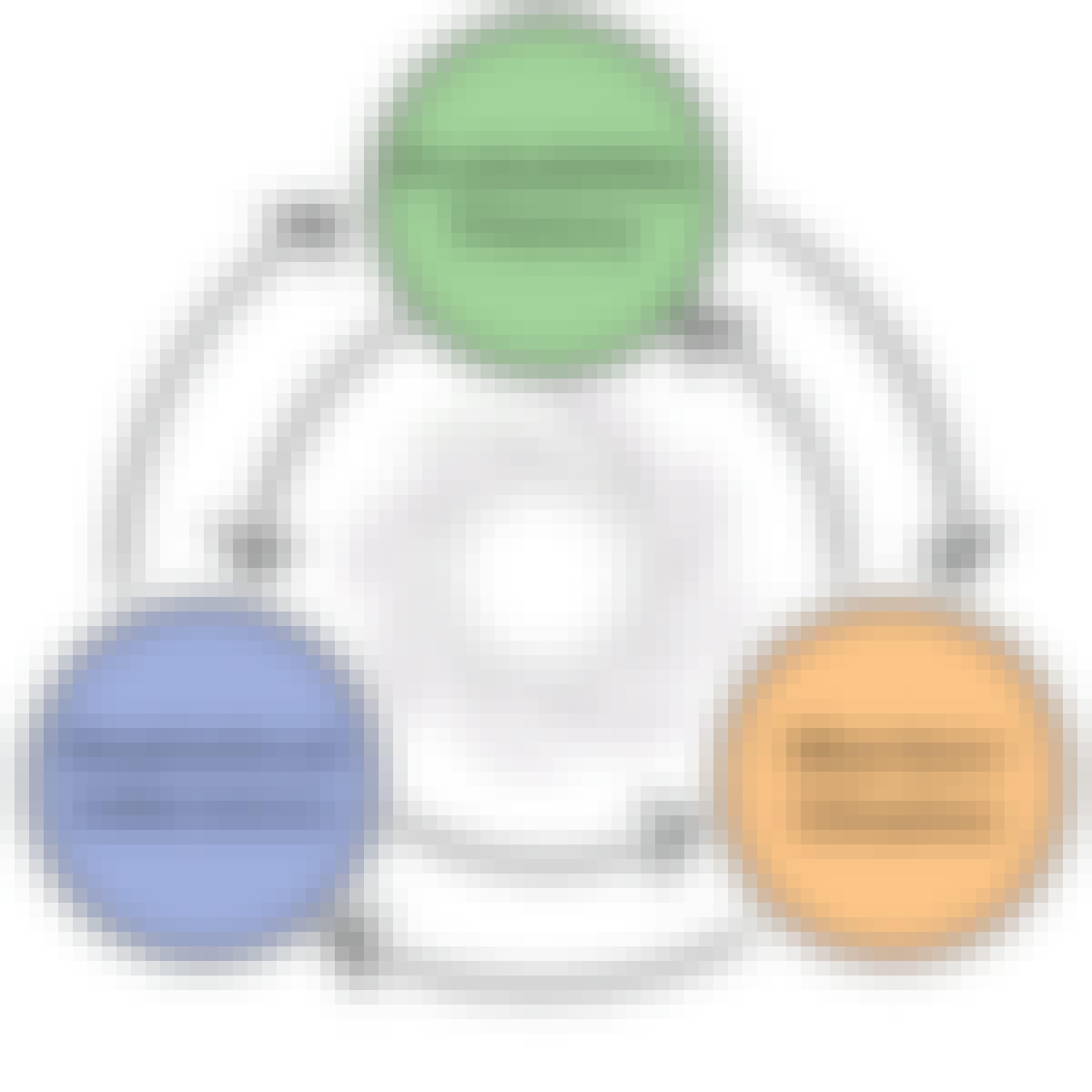 Status: NewStatus: Free Trial
Status: NewStatus: Free TrialUniversity of Colorado Boulder
Skills you'll gain: Probability, Statistical Inference, Markov Model, Estimation, Statistical Methods, Probability & Statistics, Probability Distribution, Statistical Analysis, Sampling (Statistics), Bayesian Statistics, Statistics, Applied Mathematics, Mathematical Modeling, Statistical Modeling, Data Science, Data Analysis, Descriptive Statistics, Machine Learning Algorithms, Generative AI Agents, Artificial Intelligence
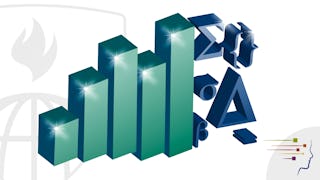 Status: Free Trial
Status: Free TrialJohns Hopkins University
Skills you'll gain: Statistical Inference, Statistical Hypothesis Testing, Probability & Statistics, Statistics, Probability, Bayesian Statistics, Statistical Methods, Statistical Modeling, Statistical Analysis, Probability Distribution, Sampling (Statistics), Sample Size Determination, Data Analysis
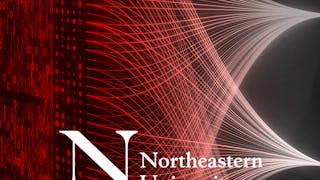 Status: NewStatus: Preview
Status: NewStatus: PreviewNortheastern University
Skills you'll gain: Statistical Hypothesis Testing, Statistical Inference, Sampling (Statistics), Statistical Reporting, Statistical Methods, Probability & Statistics, Statistical Analysis, Experimentation, Data Analysis, Data Presentation, Estimation
 Status: Free Trial
Status: Free TrialJohns Hopkins University
Skills you'll gain: Regression Analysis, Statistical Hypothesis Testing, Statistical Analysis, Probability & Statistics, Statistical Methods, Probability Distribution, Data Analysis, Markov Model, Data Science, Statistical Modeling, Statistics, Statistical Inference, Probability, R Programming, Applied Mathematics
 Status: Free Trial
Status: Free TrialUniversity of Colorado Boulder
Skills you'll gain: Probability, Statistical Inference, Statistical Hypothesis Testing, Statistical Methods, Probability & Statistics, Probability Distribution, Statistical Analysis, Sampling (Statistics), Bayesian Statistics, Data Ethics, Statistics, Applied Mathematics, Data Science, A/B Testing, Data Analysis, Quantitative Research, Descriptive Statistics, Artificial Intelligence
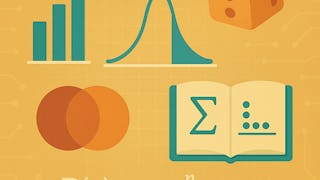 Status: NewStatus: Free Trial
Status: NewStatus: Free TrialBirla Institute of Technology & Science, Pilani
Skills you'll gain: Data Analysis, Statistical Analysis, Analytics, Statistical Modeling, Predictive Modeling, Applied Mathematics, Data Visualization
What brings you to Coursera today?
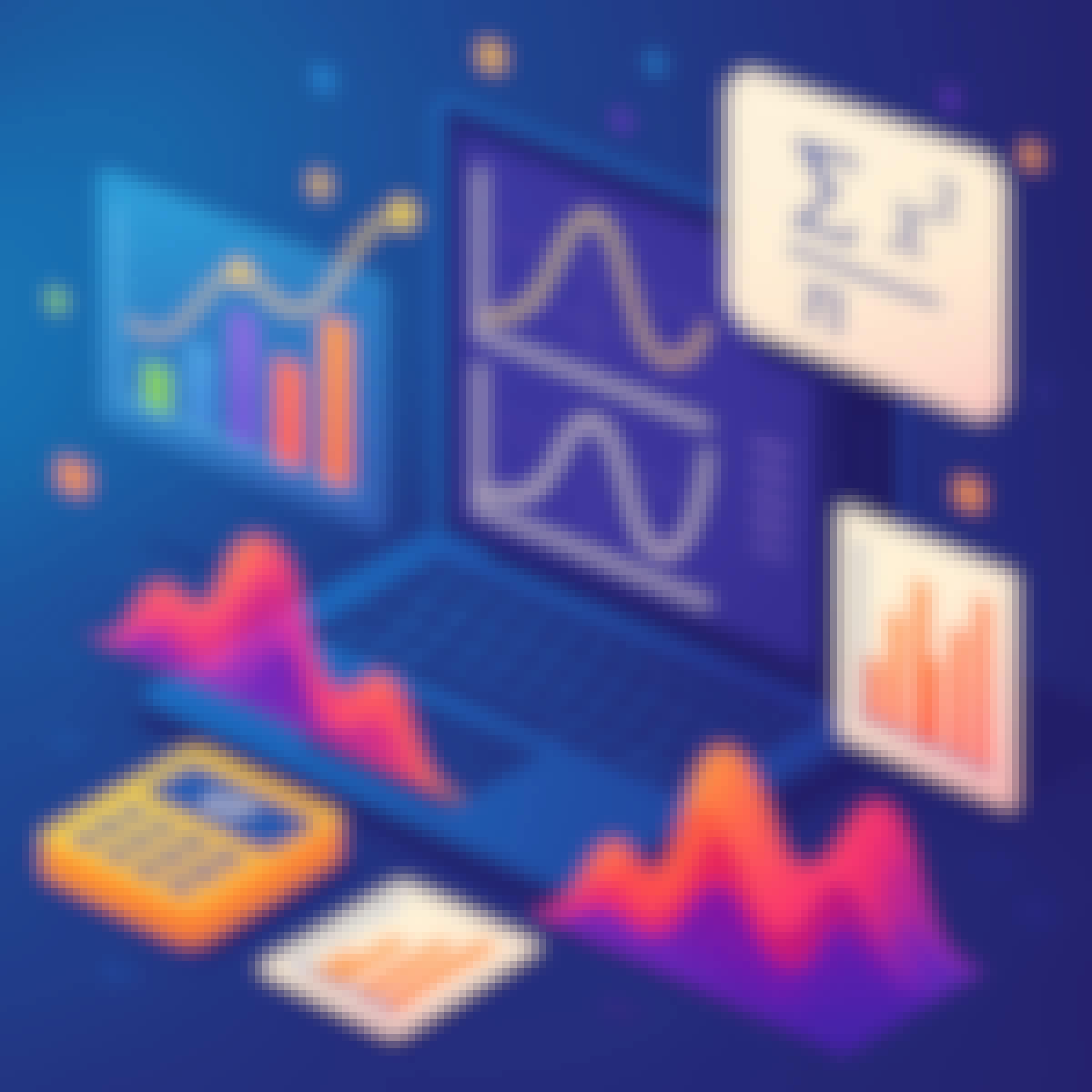 Status: NewStatus: Free Trial
Status: NewStatus: Free TrialUniversity of Pittsburgh
Skills you'll gain: Statistical Analysis, Statistical Modeling, Predictive Modeling, Data Analysis, Statistics, Integral Calculus, Probability & Statistics, Data Science, Probability Distribution, Calculus, Mathematics and Mathematical Modeling, Applied Mathematics, Derivatives, Probability, Mathematical Modeling, Pandas (Python Package), Machine Learning, Algorithms
 Status: Free Trial
Status: Free TrialSkills you'll gain: Bayesian Statistics, Descriptive Statistics, Statistical Hypothesis Testing, Statistical Inference, Sampling (Statistics), Data Modeling, Statistics, Probability & Statistics, Statistical Analysis, Statistical Methods, Data Analysis Software, Statistical Modeling, Marketing Analytics, Tableau Software, Data Analysis, Spreadsheet Software, Quantitative Research, Analytics, Descriptive Analytics, Time Series Analysis and Forecasting
 Status: Free Trial
Status: Free TrialUniversity of California, Santa Cruz
Skills you'll gain: Time Series Analysis and Forecasting, Bayesian Statistics, R Programming, Forecasting, Statistical Inference, Statistical Modeling, Technical Communication, Statistics, Probability, Statistical Machine Learning, Statistical Analysis, Statistical Methods, Markov Model, Data Analysis, Advanced Analytics, Mathematical Modeling, Microsoft Excel, Data Science, Probability Distribution, Probability & Statistics
 Status: Preview
Status: PreviewSkills you'll gain: Exploratory Data Analysis, Data Compilation, Correlation Analysis, Data Collection, Statistical Inference, Statistics, Statistical Methods, Statistical Modeling, Predictive Modeling, Data Analysis, Statistical Hypothesis Testing, Data-Driven Decision-Making, Regression Analysis, Statistical Analysis, Probability & Statistics, Statistical Visualization, Data Visualization
 Status: Free Trial
Status: Free TrialJohns Hopkins University
Skills you'll gain: Statistical Hypothesis Testing, Sampling (Statistics), Regression Analysis, Bayesian Statistics, Statistical Analysis, Probability & Statistics, Statistical Inference, Statistical Methods, Statistical Modeling, Linear Algebra, Probability, R Programming, Biostatistics, Data Science, Statistics, Probability Distribution, Mathematical Modeling, Data Analysis, Applied Mathematics, Predictive Modeling
 Status: NewStatus: Free Trial
Status: NewStatus: Free TrialSkills you'll gain: Regression Analysis, Statistical Analysis, Time Series Analysis and Forecasting, R Programming, Statistical Hypothesis Testing, Probability & Statistics, Statistics, Predictive Modeling, Generative AI, Statistical Inference, Forecasting, Descriptive Statistics, Microsoft Excel, Data Presentation, Power BI
In summary, here are 10 of our most popular statistical reasoning courses
- Foundations of Probability and Statistics: University of Colorado Boulder
- Statistical Inference: Johns Hopkins University
- Engineering Probability and Statistics Part 2: Northeastern University
- Advanced Probability and Statistical Methods: Johns Hopkins University
- Data Science Foundations: Statistical Inference: University of Colorado Boulder
- Probability and Statistics: Birla Institute of Technology & Science, Pilani
- Statistics and Calculus Methods for Data Analysis: University of Pittsburgh
- Statistics Foundations: Meta
- Bayesian Statistics: University of California, Santa Cruz
- Statistical Thinking for Industrial Problem Solving, presented by JMP: SAS










